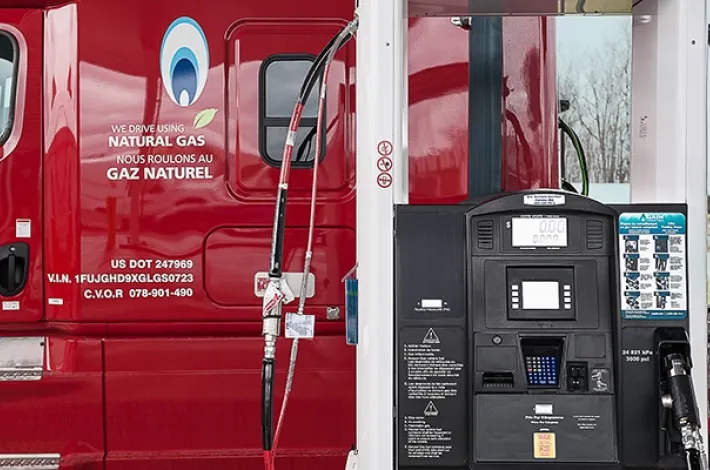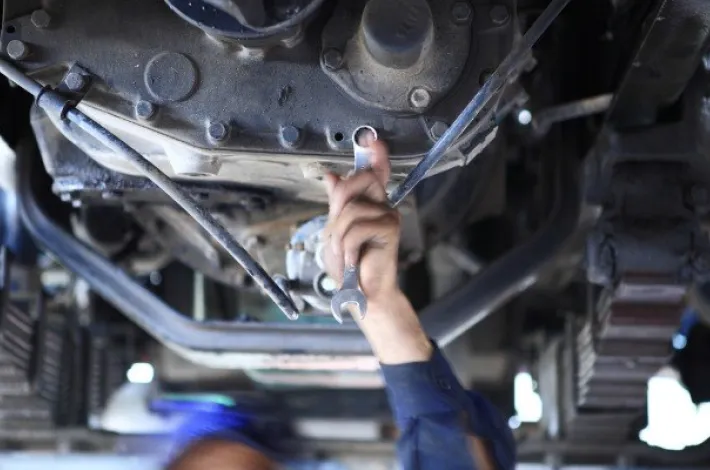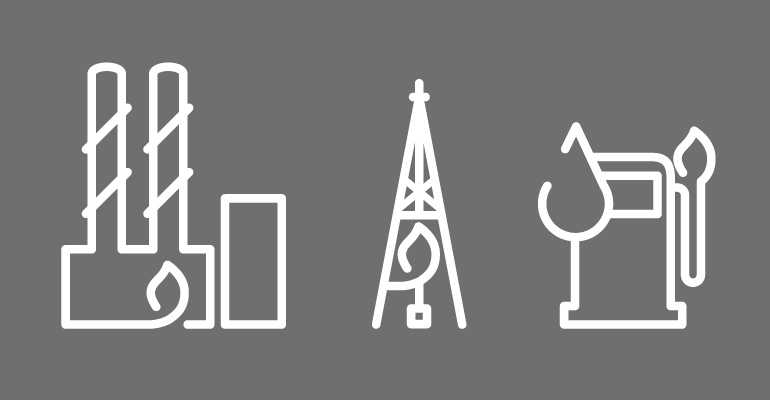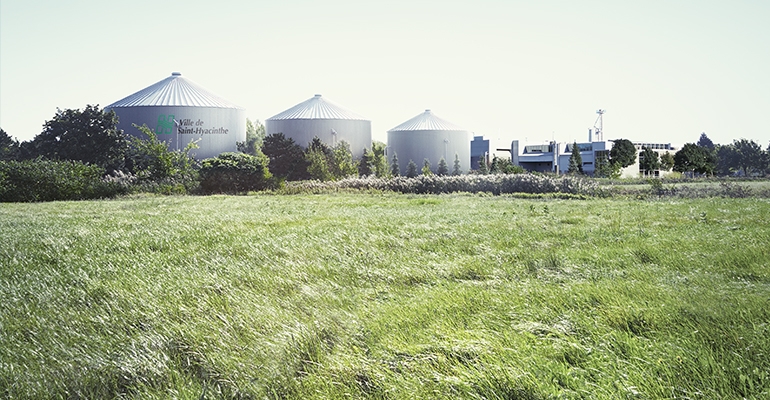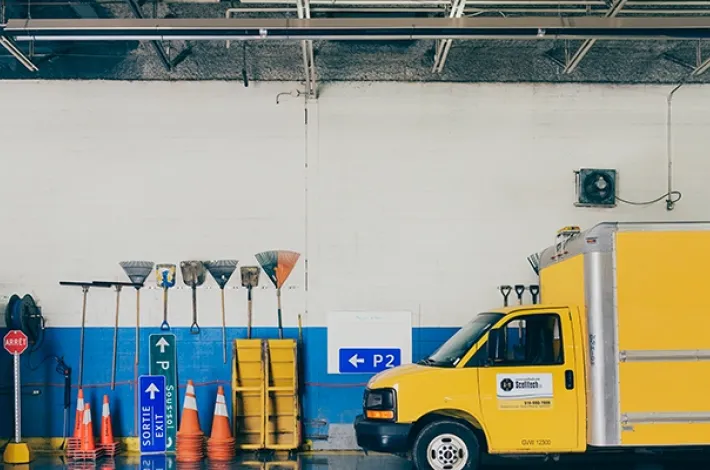
Renewable natural gas: a promising energy source for municipalities
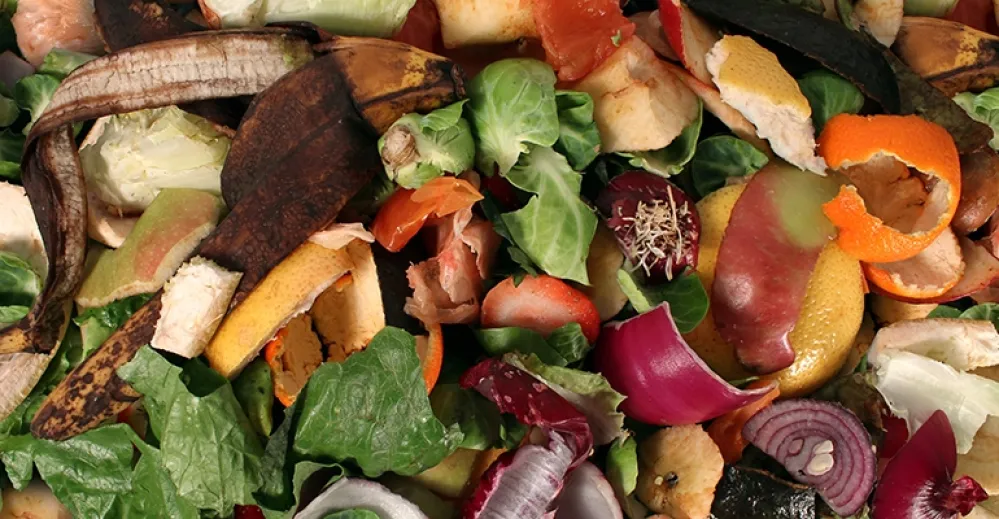
Our table scraps and other waste have energy to spare! By transforming them into renewable natural gas (RNG), energy from a 100% renewable source, many Québec municipalities can cut their greenhouse gas (GHG) emissions.
Landfilling waste will soon be a thing of the past in Québec. In the next few years, municipalities will have to implement waste recovery programs to curb wasted resources and climate change.
Our organic waste (agricultural and food waste, sewage sludge, etc.) produces GHG emissions as it decomposes, thus adding to the province’s emissions. This source of pollution can be eliminated through biomethanization.
Biomethanization is a natural process of decomposition of organic matter. As organic matter decomposes, it naturally produces methane, which is harvested to make renewable natural gas. This energy from a 100% renewable source can then be injected into the natural gas network or consumed locally. The process also produces a high-quality, compostable digestate that can be used for soil fertilization.
A promising new outlet
Reclaiming organic matter is much more than a regulation municipalities must comply with; it’s also a promising economic outlet. This repurposing can include composting for some municipalities, while for others biomethanization is the most optimal solution.
Locally produced renewable natural gas can heat buildings or fuel vehicles that run on natural gas. It can kill two birds with one stone by reducing the environmental footprint and cutting energy costs.
This is exactly what several municipalities have begun doing.
The first is Saint-Hyacinthe, whose new Centre de valorisation des matières organiques (organic material recovery centre) reclaims waste from 23 surrounding municipalities. With the energy thus produced, the City of Saint-Hyacinthe should generate $0.5 million in annual savings, which in a few years would secure a return on its biomethanization project carried out in collaboration with Énergir.
For its part, the new Régie intermunicipale de valorisation des matières organiques de Beauharnois-Salaberry et de Roussillon (BioM) intends to repurpose the waste from 18 municipalities from Montréal’s South Shore by 2018. Approximately 1.9 million cubic metres of biomethane should be produced, thus avoiding more than 8,000 tons of GHG emissions.
Quebec City has also followed suit with the construction of a biomethanization centre that will process organic waste as early as 2022. At full capacity, the renewable natural gas produced by the centre will reduce greenhouse gas emissions by 18,000 tonnes of CO2 equivalent per year.
For its part, the Coop Agri-Énergie Warwick will be the very first agricultural cooperative dedicated to RNG production in Quebec. This project, which brings together about ten agricultural producers, will produce RNG using liquid manure, manure and various organic residues from businesses in the region. Annually, more than 2 million m3 of RNG will be injected into the gas network; enough to supply more than 1,000 homes with renewable energy!
Think long-term energy
Énergir is building on the significant potential of renewable natural gas development to reduce the environmental footprint of its activities and offer a solution to its customers who want to reduce their carbon footprint.
By collaborating actively with municipalities who want to inject their renewable natural gas into its network or consume it locally, Énergir is helping communities increase their energy self-reliance. By the same token, the company is also promoting the development of renewable energies, along with solar and wind power.
You may also like...

